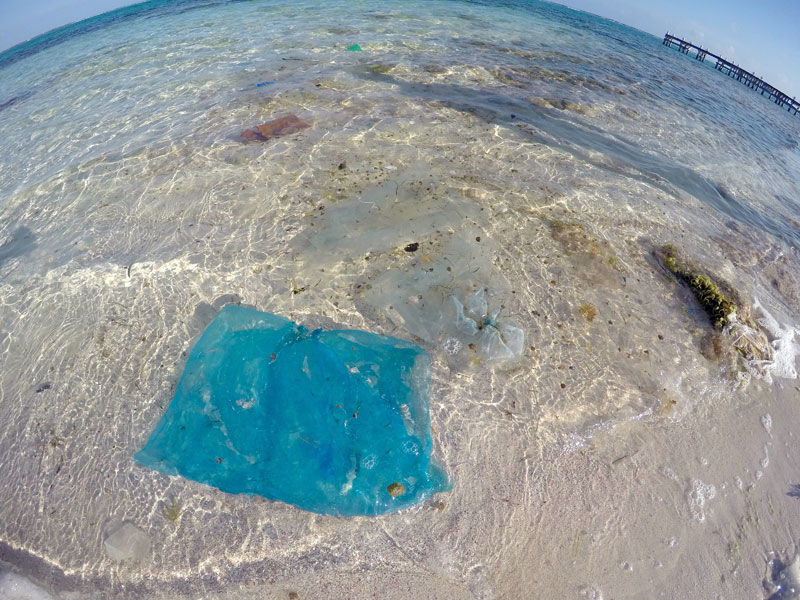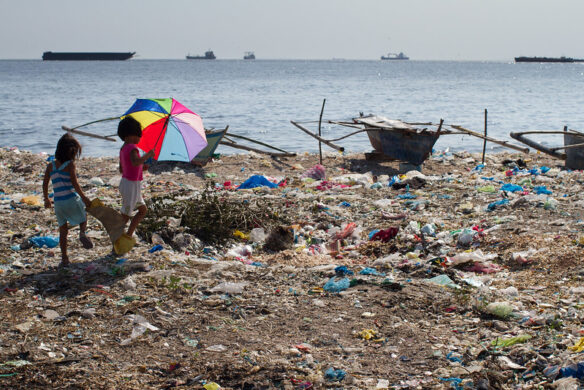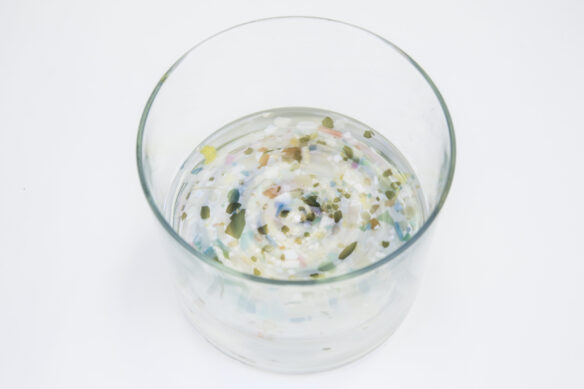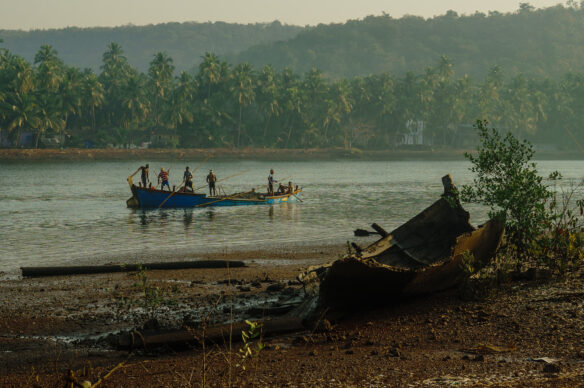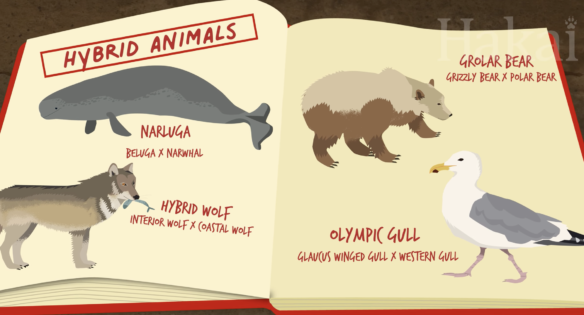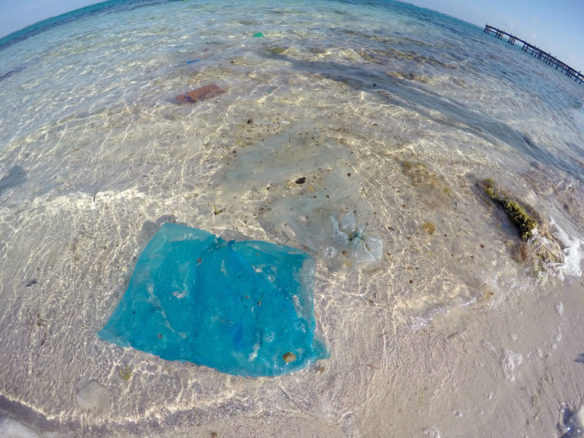
“The unprecedented plastic waste tide plaguing our oceans and shores, can become as limited as our chosen relationship with plastics, which involves a dramatic behavioral change on our part…”
Captions and Photo: © SAF — Coastal Care
Excerpts;
An average of 358 litter items were found per square kilometre of seabed in 2016, a 158% rise on the previous year, and 222% higher than the average for 1992-94.
Almost 78% of the litter is plastic, 6.3% rubber and 2.7% metal, according to the data published by the Department for Environment, Food & Rural Affairs.
Hugo Tagholm, the chief executive of Surfers Against Sewage, said the increase in seabed plastic reflected what tens of thousands of volunteers were finding along the UK coastline.
“They are seeing more and more plastic in the tideline, particularly single-use plastic, which has grown exponentially in the last two decades,” he said.
Read Full Article, Guardian UK (11-03-2017)
Think You Can’t Live Without Plastic Bags? Consider This: Rwanda Did It; Guardian UK (02-15-2015)
In 2008, while the rest of the world was barely starting to consider a tax on single-use plastic bags, the small East African nation decided to ban them completely…
Kenya brings in world’s toughest plastic bag ban: four years jail or $40,000 fine; Guardian UK (08-28-2017)
Kenyans producing, selling or even using plastic bags will risk imprisonment of up to four years or fines of $40,000 (£31,000) from Monday, as the world’s toughest law aimed at reducing plastic pollution came into effect…
Plastic Waste Causes $13 Billion In Annual Damage To Marine Ecosystems, UN
Concern is growing over widespread plastic waste that is threatening marine life – with conservative yearly estimates of $13 billion in financial damage to marine ecosystems, according to two reports issued at the inaugural meeting of the United Nations Environment Assembly.
New UN report finds marine debris harming more than 800 species, costing countries millions; United Nations (12-05-2016)
Marine debris is negatively affecting more than 800 animal species and causing serious losses to many countries’ economies, according to a United Nations report launched December 5th, 2016…
Plastic Pollution: “When The Mermaids Cry: The Great Plastic Tide,” Coastal Care
For more than 50 years, global production and consumption of plastics have continued to rise. An estimated 300 million tons of plastics were produced in 2015, confirming and upward trend over the past years, according to a new report by the World Economics Forum, released at Davos in January 2016.
Plastic is versatile, lightweight, flexible, moisture resistant, strong, and relatively inexpensive. Those are the attractive qualities that lead us, around the world, to such a voracious appetite and over-consumption of plastic goods. However, durable and very slow to degrade, plastic materials that are used in the production of so many products all, ultimately, become waste with staying power. Our tremendous attraction to plastic, coupled with an undeniable behavioral propensity of increasingly over-consuming, discarding, littering and thus polluting, has become a combination of lethal nature…
UN Declares War on Ocean Plastic, UNEP (02-23-2017)
To clean up ocean plastics, increase focus on coasts, Science Daily (01-19-2016)
The most efficient way to clean up ocean plastics and avoid harming ecosystems is to place plastic collectors near coasts, according to a new study…
Loving the Ocean Starts at Home, National Geographic (09-08-2016)
Homeless man cleans up beaches every day, Cape Town; Metro (03-15-2016)
The man is called Dan. He’s 28 and homeless, and he grew up on the Eastern Cape. Every day, he cleans the beaches for no other reason than to ‘make the place nice’ because he’s ’embarrassed about the pollution…’

